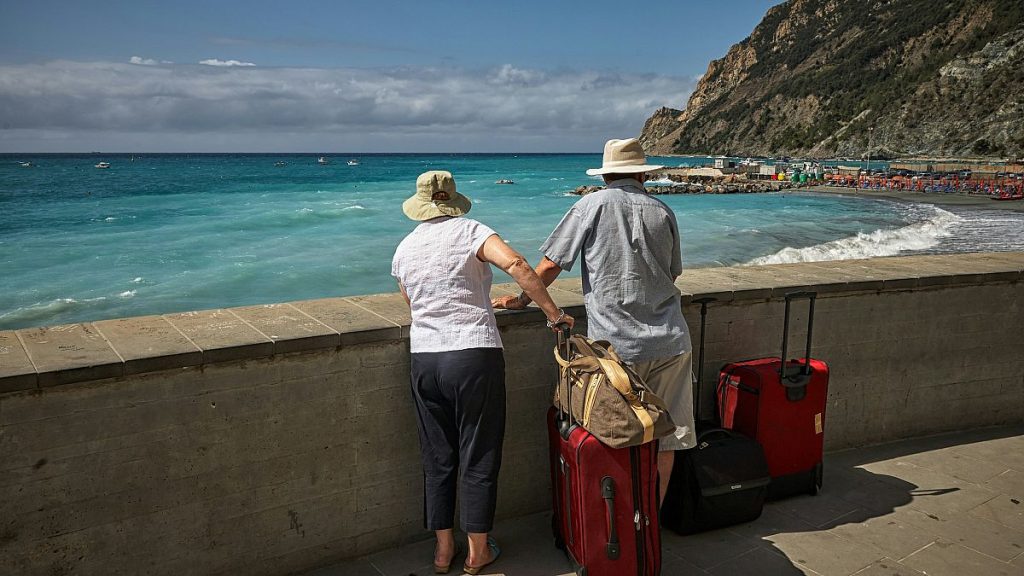As of December 2, 2023, Spain has implemented new data collection requirements for tourists, mandating hotels, holiday rentals, campsites, travel agencies, and car rental companies to gather over 40 pieces of information for accommodation bookings and more than 60 for car rentals. This initiative, part of a broader crackdown on organized crime, involves gathering personal data such as home addresses, payment details, phone numbers, the number of guests in a party, and familial relationships, particularly regarding children traveling together. Spanish officials contend that these measures are essential to enhance security and safety within the tourism sector. However, this heightened regulation is met with resistance from the hotel industry, which argues that the additional data requirements will detract from the guest experience and deter potential visitors.
The enactment of these regulations has incited significant backlash from the hotel sector, particularly from CEHAT, Spain’s principal hotel association. Despite successfully garnering some delays in the implementation timeline, initially set for January 2023, hoteliers express frustration over the lack of communication or constructive dialogue with government officials regarding their concerns. Jorge Marichal, CEHAT’s president, emphasized the absence of any proposals or engagement from the authorities that could safeguard the legal integrity and operational viability of the hospitality sector. Consequently, CEHAT is contemplating legal actions, asserting that the regulation threatens both the interests of business operators and the overall travel experience for guests.
Travel agencies have also voiced their concerns, suggesting that the new rules impose unnecessary bureaucratic burdens that could complicate travel arrangements and infringe upon individual privacy rights. The added complexity may lead to longer processing times for bookings, which could ultimately escalate operational costs. Organizations such as the European Travel Agents’ and Tour Operators’ Association (ECTAA) and ACAVE, a Spanish travel agency federation, have warned that these regulations could have far-reaching implications for the European tourism industry, particularly concerning the safeguarding of travelers’ personal data.
Although similar data collection practices exist in other EU nations, the extent and implications of Spain’s measures raise significant questions. In countries like Croatia, Italy, and Germany, accommodations are required to verify identity through guest passports or IDs and report essential details to the authorities. However, the volume of data requested in Spain exceeds that of many other European counterparts, leading to concerns that the new protocols could place Spain at a competitive disadvantage in the tourism market.
The potential impacts on visitors could be profound. CEHAT has cautioned that the implementation of these new regulations will likely lead to a more laborious administrative process, potentially alienating travelers who seek convenience and ease while on holiday. The perception of increased bureaucracy could deter prospective visitors from choosing Spain as their holiday destination, fearing an experience marred by excessive paperwork and stringent requirements.
In conclusion, while the Spanish government aims to enhance security and combat organized crime within its tourism industry through increased data collection, the hospitality and travel sectors are calling for a re-evaluation of these measures. The balance between ensuring safety and preserving the traveler experience appears tenuous, prompting discussions about the feasibility and sustainability of such regulations in the increasingly competitive landscape of European tourism. As officials consider the implementation of these new regulations, it remains to be seen how they will address the concerns raised by industry professionals and ensure the ongoing viability of Spain as a preferred travel destination.














